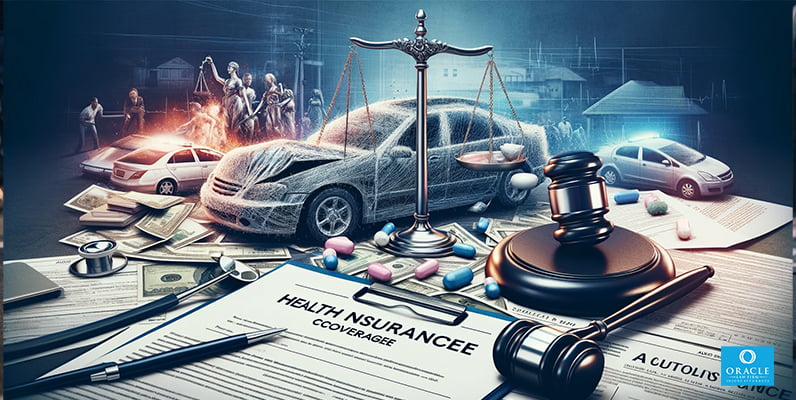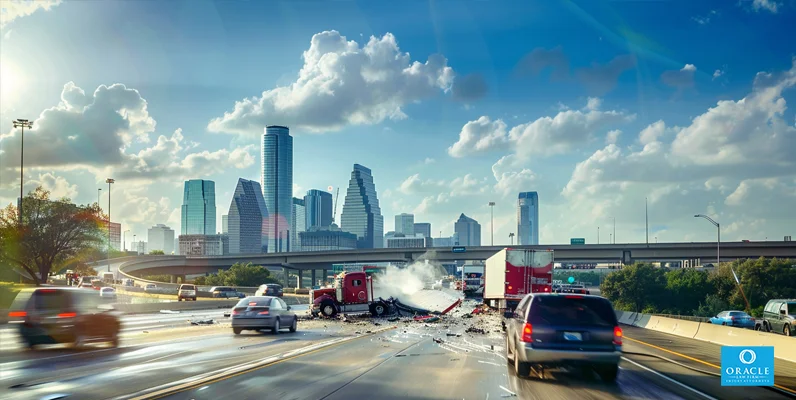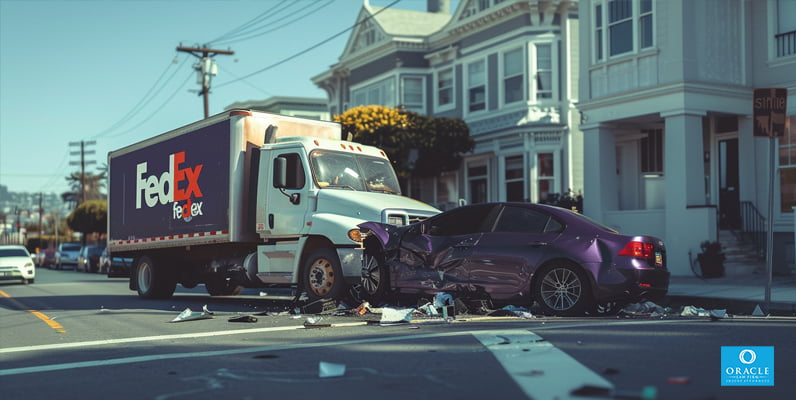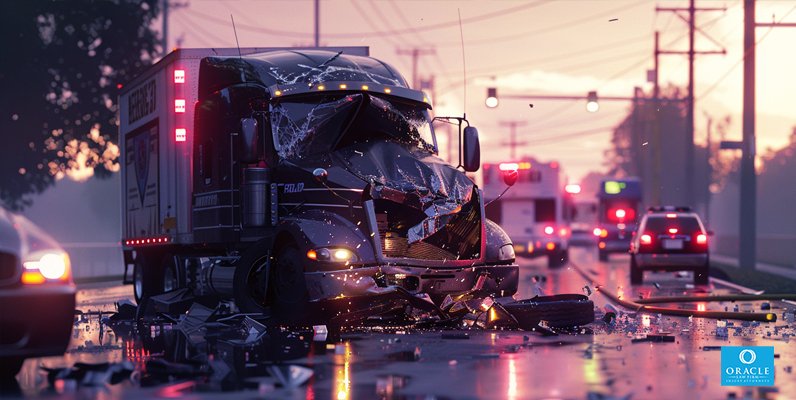Car accidents can be traumatic events that not only cause physical harm but also financial strain due to medical bills and lost income. A common question that arises is whether health insurance covers car accident injuries. This article will explore the various aspects of insurance coverage and the role of health insurance in the aftermath of a car accident.
Key Takeaways
- Health insurance may cover car accident injuries, but it often pays after car insurance.
- Understanding the interplay between health insurance and auto insurance is crucial.
- Personal Injury Protection (PIP) and Medical Payments (MedPay) coverage can affect payment responsibilities.
- Out-of-pocket expenses can occur, including co-pays and deductibles.
- Subrogation allows health insurers to seek reimbursement from at-fault parties.
- A car accident attorney can assist with navigating insurance complexities and recovering expenses.
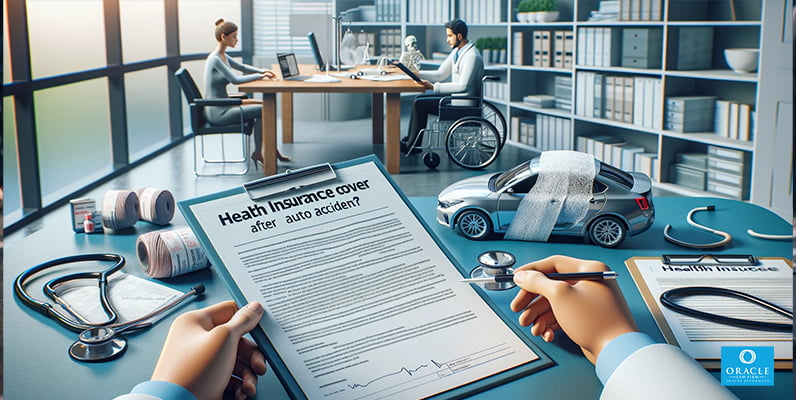
What Will My Health Insurance Cover After an Auto Accident?
Health insurance policies typically cover medical treatment for injuries, including those sustained in car accidents. However, the extent of coverage and the process for claims can be complex. Health insurance companies may cover accident-related medical bills, but they often have a subrogation clause that allows them to seek reimbursement if another party is liable.
Health Insurance Policies Pay Second
In many cases, your own health insurance may only kick in after other insurance policies, such as auto insurance coverage, have been exhausted. This is because most health insurance plans are considered secondary payers when it comes to car accident injuries.
PIP and MedPay
Personal Injury Protection (PIP) and Medical Payments (MedPay) are auto insurance coverages that can help pay medical bills and lost wages regardless of who is at fault. If you have these coverages, they will typically be used before your health insurance.
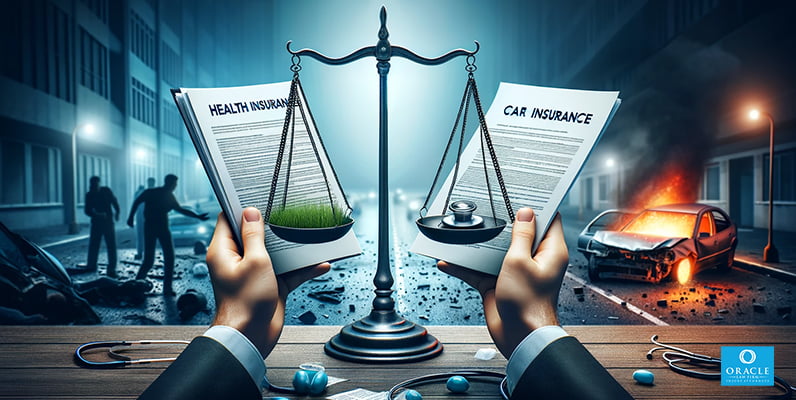
The Interplay of Your Health Insurance and Car Insurance Coverage After a Car Accident
The relationship between your health insurance plan and car insurance policy is critical in determining who pays first. Your car insurance company may cover initial medical expenses up to the limit of your PIP or MedPay coverage, after which your health insurance may take over.
Switching to Medical Insurance Coverage
Once the limits of your auto insurance coverage are reached, your health insurance provider becomes the primary payer. It is important to inform medical providers of your insurance information to ensure proper billing.
Are Some Health Insurance Carriers Better Than Others When You Are in an Accident?
Not all health insurance companies handle car accident claims in the same way. Some may have more efficient processes or better customer support. It’s beneficial to research and understand your health insurer’s policies regarding auto accidents.

How Medical Bills Are Paid After a Car Accident
Medical bills are typically paid through a combination of PIP or MedPay coverage, health insurance, and potentially the at-fault driver’s liability insurance. The process can be complex and may require the assistance of a personal injury attorney.
Will I Need to Pay Anything Out of Pocket?
Even with health insurance coverage, you may be responsible for co-pays, deductibles, and any treatment-related costs that exceed your policy limits. These out-of-pocket expenses can add up quickly.
Dealing With Insurance Company Delays or Claim Denials
Insurance companies involved may delay or deny claims for various reasons. It’s important to follow up diligently and provide all necessary documentation to support your car accident claim.
What is Subrogation?
Subrogation is a legal process where your health insurance company can seek reimbursement from the at-fault driver’s insurance carrier for the medical expenses they have paid on your behalf.
How Do I Respond If I Receive a Subrogation Letter?
If you receive a subrogation letter from your health insurance company, it is a notification that they intend to recover the costs of your medical treatment. Consult with a personal injury lawyer to understand your rights and obligations.
Recovering Expenses From the At-Fault Driver
Ultimately, the at-fault driver’s insurance should compensate for your medical costs, lost income, and other damages. A car accident lawyer can help you seek reimbursement and navigate the legal process.
How Can a Car Accident Attorney Help?
A car accident attorney can provide legal guidance, negotiate with insurance carriers, and help ensure that you receive fair compensation for your injuries and related expenses.
Co-pays, Deductibles, and Car Accident Injury Bills
Understanding how co-pays and deductibles apply to your car accident injury bills is essential. These costs can be part of your claim against the at-fault driver’s insurance.

Who Pays for Car Accident Injuries in California?
In California, the responsible party’s insurance should cover the costs associated with car accident injuries. However, health insurance may cover initial expenses until the fault is determined.
Contact a Car Accident Lawyer at Oracle Law Firm | Accident & Injury Attorneys
Navigating the complexities of insurance coverage with car accidents can be overwhelming. Oracle Law Firm | Accident & Injury Attorneys can provide a free consultation to help you understand your legal options and pursue the compensation you deserve.
Summary
Health insurance covers car accident injuries but often pays after other insurance policies have been applied. The interplay between health insurance and car insurance can be complex, and out-of-pocket expenses may still be incurred. Subrogation allows health insurers to recover costs, and a car accident attorney can assist in dealing with insurance complexities and seeking compensation. If you’ve been involved in a car accident in California, contact Oracle Law Firm | Accident & Injury Attorneys for expert legal assistance. Does health insurance cover car accident injuries? It can, but understanding the details and seeking professional advice is key to managing the financial impact of your recovery.
FAQ: Health Insurance and Car Accident Injuries
Does health insurance cover car accident injuries?
Yes, health insurance can cover medical expenses resulting from car accident injuries. However, coverage may be contingent upon auto insurance policies like PIP or MedPay exhaustion.
What is the difference between PIP and MedPay?
Personal Injury Protection (PIP) and Medical Payments (MedPay) are types of auto insurance coverage. PIP covers medical expenses and lost wages regardless of fault, while MedPay covers medical expenses only. Both are typically used before health insurance.
Will my car insurance or health insurance pay first for accident-related medical bills?
Typically, your car insurance coverage, specifically PIP or MedPay, will pay first. Once those limits are reached, your health insurance becomes the primary payer for medical expenses.
Can I choose my own medical providers after a car accident?
Yes, you generally have the right to choose your own medical providers. However, it’s important to ensure that they accept your health insurance or are willing to work with your car accident claim.
What if the at-fault driver doesn’t have enough insurance to cover my medical bills?
If the at-fault driver’s insurance is insufficient, your underinsured motorist coverage, if you have it, or your health insurance may cover the difference. You may also pursue legal action against the at-fault driver.
Should I use my health insurance for a car accident injury if I have PIP or MedPay coverage?
Yes, you should use your PIP or MedPay coverage first, as they are designed specifically for auto accidents. Once those limits are reached, your health insurance can be used for additional medical expenses.
What happens if I’m at fault for the car accident?
If you are at fault, your liability insurance may cover the other party’s damages. Your PIP or MedPay, if you have them, can still cover your medical expenses, followed by your health insurance.
